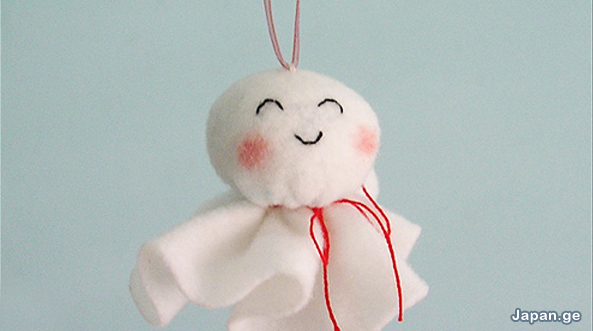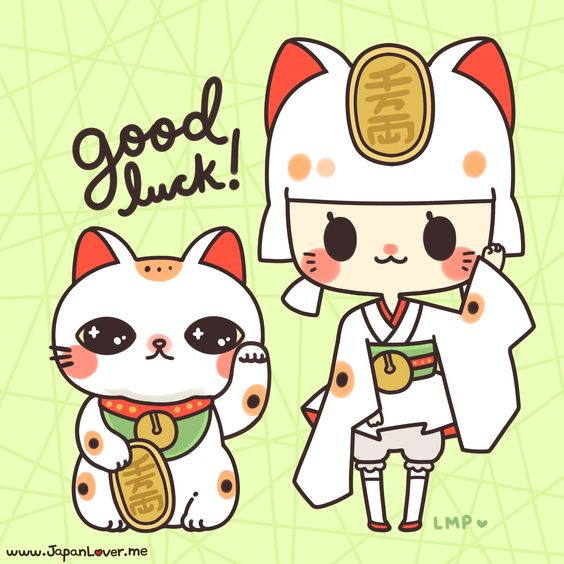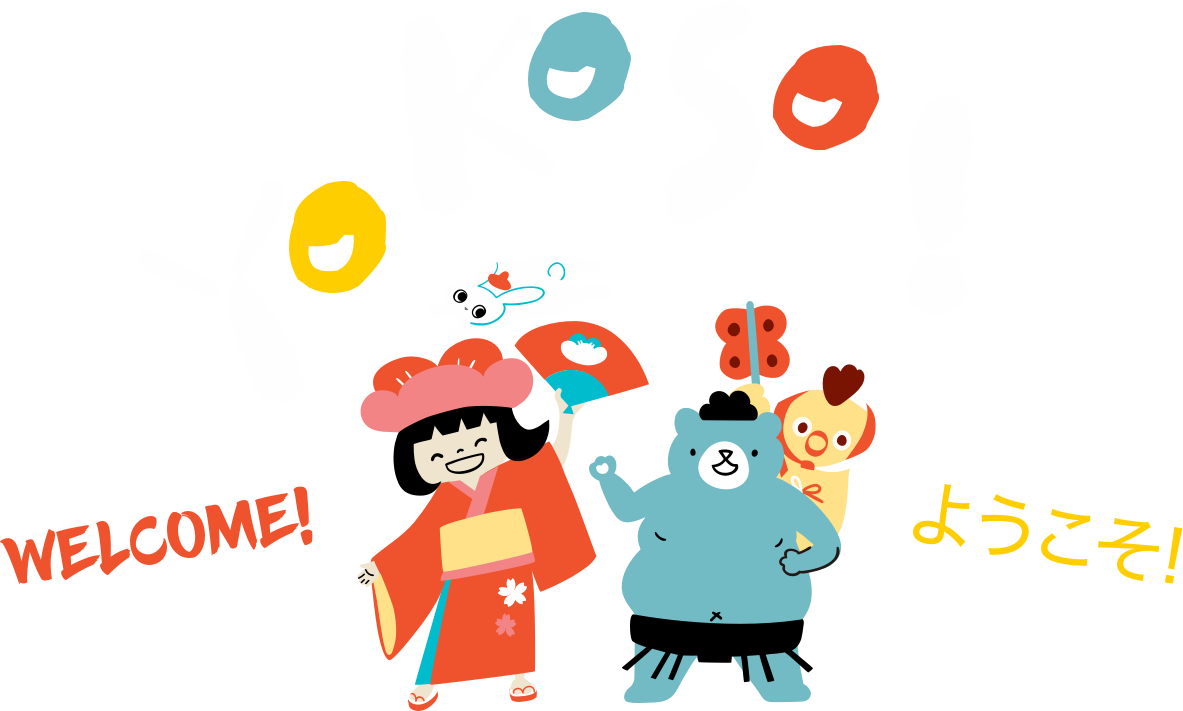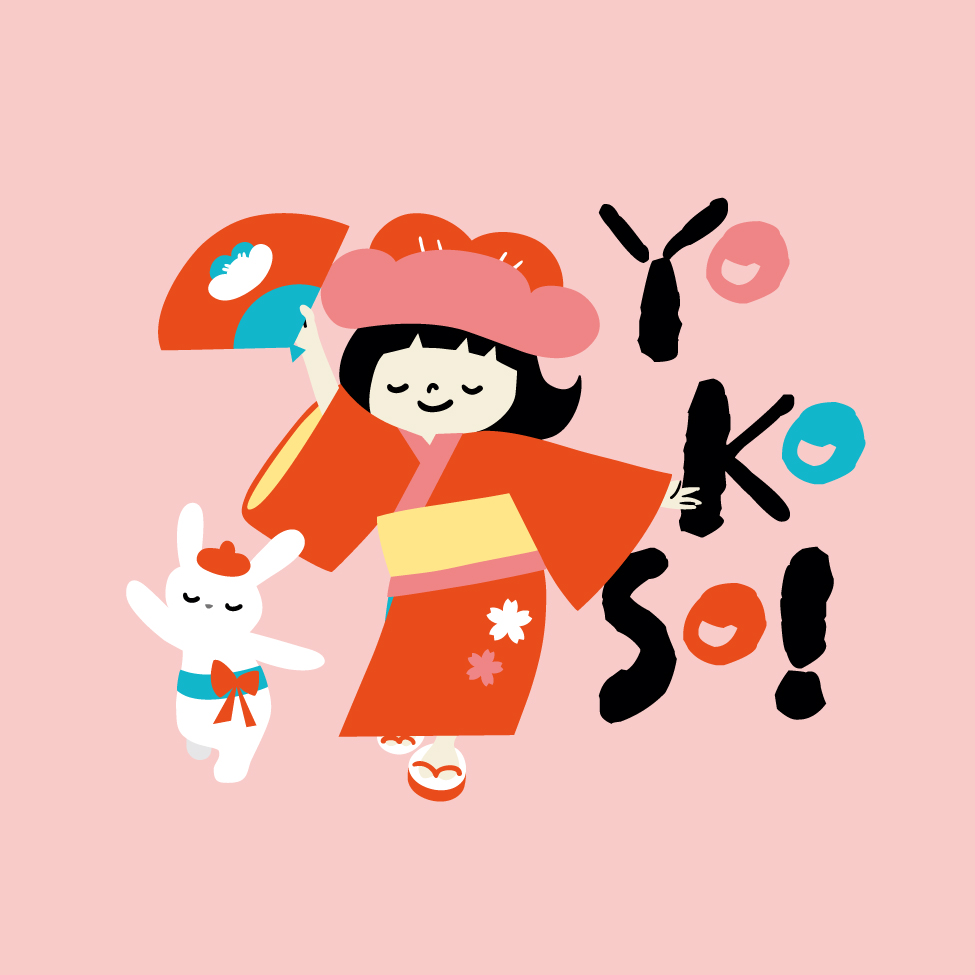
Have you ever wished for good weather? Maybe for a sports day, birthday party, or a day out at the beach? In Japan, many people wish for good weather with Teru Teru Bozu!
What is this and why does it look like a ghost at Halloween?
Teru is a Japanese verb which describes sunshine, and a bōzu is a Buddhist monk (compare the word bonze), or in modern slang, “bald-headed”; bōzu is also used as a term of endearment for addressing little boys.
It is a little traditional handmade doll made of white paper or cloth that Japanese farmers began hanging outside of their window by a string.
Watch this video to hear a song that wishes for bad weather to go away and good weather to stay!








You must be logged in to post a comment.